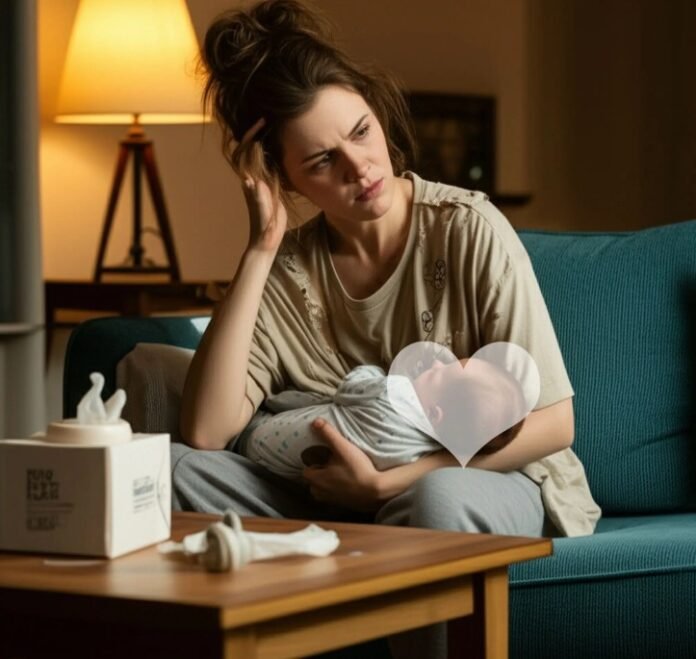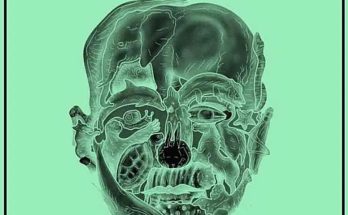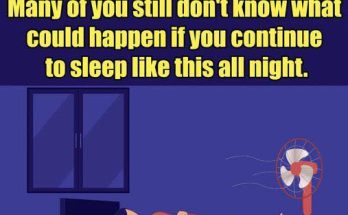I’m 30 years old, married to Andrew, who’s 33. We’ve been together for years, and recently, we entered the most beautiful—and exhausting—chapter of our lives: parenthood. Our daughter Susie, just six months old, is the center of my world. Her giggles melt my heart. Her tiny fingers wrapping around mine remind me what love really is. But behind our picture-perfect family, something was quietly falling apart.
It started subtly, the way emotional distance always does. Long before the moment that changed everything, Andrew had begun to pull away. I noticed it—how often he stared at his phone, the way he laughed at texts he wouldn’t share, how quick he was to snap over little things. I felt like I was raising a baby and slowly losing a husband all at once.
Then I got sick—and not just a sniffle or a mild bug. This was a brutal virus that came out of nowhere. It wasn’t COVID-19 or RSV, but it knocked me flat. Body aches, chills, a deep, persistent cough that made me feel like my lungs were shattering. Every breath hurt. And worst of all? I had no energy left to care for Susie, who had just gotten over her own cold.
That’s when I realized: I was alone in more ways than one.
“I NEED SLEEP”—He Left Me When I Needed Him Most
Lying on the couch one night, wrapped in blankets with a fever climbing to 102.4°F, I could barely lift my head. I turned to Andrew, who sat a few feet away scrolling through his phone, and whispered, “Can you take Susie? Just for 20 minutes. I need to lie down.”
He looked at me like I’d asked him to run a marathon.
“I can’t,” he muttered coldly. “Your coughing is keeping me up. I NEED SLEEP. I’m going to stay at my mom’s for a few nights.”
I blinked. He wasn’t serious… was he?
But he was. He packed a bag, walked out the door, and left me—sick, weak, and overwhelmed—with a baby who still needed round-the-clock care.
And that, my friends, was the moment I saw everything clearly. I realized that I had been taken for granted. Not just during this illness—but for months.
Doing It All Alone
Over the next few days, I did everything myself.
I fed Susie with shaking hands, changed her diapers through coughing fits, and rocked her to sleep while fighting dizziness from my fever. Andrew didn’t check in. He didn’t call. Not once.
He was staying at his mother’s house, probably sleeping comfortably while I ran on empty.
And while I rocked our daughter at 2 a.m., tears silently falling down my cheeks, I made a decision.
I was going to show him what it felt like to be left behind.
The Calm Before the Storm
A week later, when I’d recovered enough to function, I texted Andrew.
“Hey babe. I’m feeling much better now. You can come home.”
His response came quickly.
“Thank God! I’ve barely slept here. Mom’s dog snores, and she keeps asking me to do yard work.”
I stared at the message in disbelief. The same man who had left me to suffer alone was now complaining… about a snoring dog?
But I didn’t argue. I had a plan.
I cleaned the house top to bottom, made his favorite dinner—spaghetti carbonara with garlic bread—and even wore makeup and jeans that hadn’t been stained by baby spit-up.
When Andrew walked through the door, he barely noticed the effort. He grinned, devoured the food, and plopped onto the couch, phone in hand.
No thanks. No questions. No acknowledgment.
That was the moment I put my plan into action.
“Your Turn to Handle This”
“Hey,” I said gently, “Can you hold Susie for a sec? I need to grab something upstairs.”
“Sure,” he replied, barely looking up.
Five minutes later, I came back down with a small suitcase and my car keys.
“What’s that?” he asked, confused.
“I booked a spa retreat,” I said calmly. “Two nights. Massage, facial, peace and quiet. I need rest.”
“Wait, you’re going now?”
“Yes. You’re her dad. You’ll be fine. Bottles are labeled, toys are sorted, emergency numbers are on the fridge. Groceries are stocked. I did all the prep work—just like I always do.”
He opened his mouth, but I cut him off.
“Remember last week? When you told me, ‘You’re the mom. You know how to handle this better than me’? Well, now it’s your turn.”
Before he could speak again, I walked out the door.
48 Hours of Bliss—and Reflection
The next two days were blissful.
I checked into a small inn tucked away in the countryside. I had a massage, ordered room service, sat by the fire with a book, and remembered what it felt like to breathe.
For the first time in months, I wasn’t answering to anyone. I didn’t have to soothe a baby or explain myself to a partner who didn’t listen. I was just… me again.
Andrew left me two voicemails—one frantic, one apologetic—but I ignored them.
He needed to learn what it felt like to be the one left holding the responsibility.
Coming Home to Chaos—and a Shift
When I walked back into our home 48 hours later, the scene told me everything.
The house was a wreck—dirty bottles everywhere, toys scattered, dishes piled in the sink. Andrew looked haggard, still in yesterday’s shirt, dark circles under his eyes.
Susie squealed and clung to me like a lifeline.
Andrew stood silently, his eyes full of shame.
“I get it now,” he whispered.
“Do you?” I asked.
He nodded. “I messed up. I see it now.”
I didn’t respond with anger. I pulled a folded sheet of paper from my purse and laid it on the kitchen table.
It wasn’t divorce papers—though, believe me, I’d thought about it.
It was a list: a schedule. A written agreement of shared responsibilities. Feeding, diaper changes, laundry, nighttime wakeups. No more one-sided parenting.
“I need a partner,” I said quietly. “Not a third child.”
He looked at the list, then at me, and nodded. “I’m in.”
Not Forgiven—Yet
Since that day, Andrew has changed.
He gets up in the night when Susie cries. He prepares bottles. He even learned how to soothe her teething pains without panicking. Slowly, he’s earning back my trust—not with words, but with actions.
But I’m not rushing to forgive him. I’m still watching. Still measuring his efforts against the standard I now know I deserve.
Because one thing has changed for good: I will never be the woman you walk all over again.
And Andrew knows it.
Lessons from This Story
1. Know Your Worth
You deserve respect and partnership in every relationship. Never allow someone to take your efforts for granted, especially when you’re at your weakest.
2. Boundaries Are a Gift to Yourself
Setting boundaries doesn’t make you difficult—it makes you healthy. When someone continually crosses the line, draw a new one.
3. Self-Care Is Survival
Especially for mothers and caregivers, self-care isn’t a luxury—it’s survival. You can’t pour from an empty cup.
4. Actions Speak Louder Than Words
If someone’s behavior hurts you, let them feel the impact. Words are easy. Experience is what changes people.
5. Partnership Means Showing Up—Every Day
Parenting isn’t a one-person job. A relationship won’t survive when only one person is doing the work.



